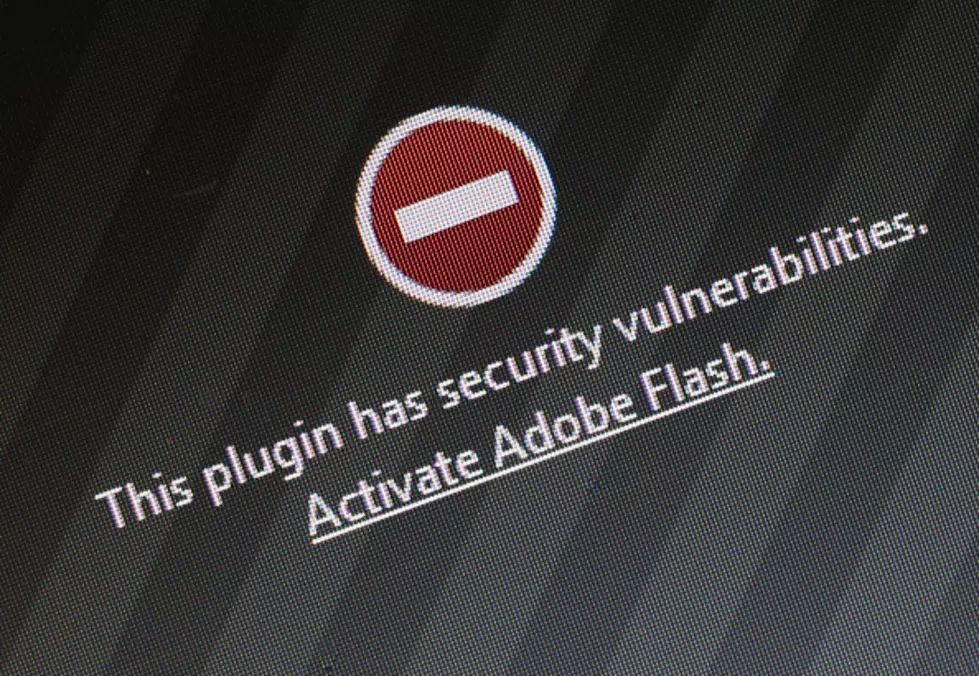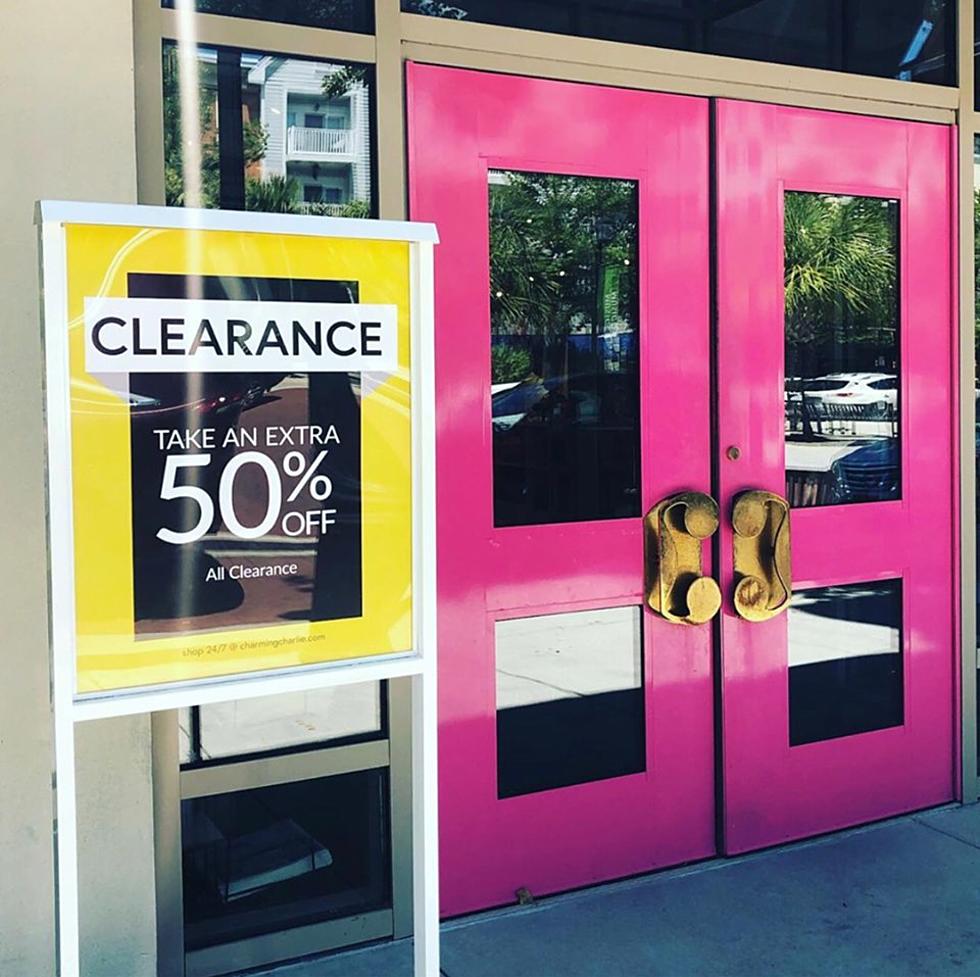
The Password is — UFAIL
It's so deflating when you have to access an account you haven't had to deal with in awhile and you can't remember the bloody password. Even worse, for security purposes, some accounts MAKE you change it every six months or so, and good luck letting your system allow you to go back to an old password, or a slight variation of a previous entry.
I've lost track of the amount of accounts of mine that are password protected.
The phone, multiple e-mail accounts, insurance, health care, banking online, just the beginning of the maddening list.
And of course, you're never supposed to keep a copy of all the various passwords, hence it gets compromised and you are so screwed on so many levels.
Plus, if you believe what you read and hear, there are lots of people trying to get into your computer or phone: Russian hackers, Nigerian princes, the NSA, Alexa, bored teenagers and so many more.
But the real security threat is Y-O-U.
A bunch of IT types (nerds) were asked about security and almost two out of three agreed, its the sleepy employees that are the problem. You use weak passwords, open up email attachments you shouldn't and visit insecure websites.
So what do you do?
First, use SOME password. Nothing at all is just plain dumb.
Make sure people are not looking over your shoulder to steal your password. Ideally, your phone should have a six-digit code, not four (I'm guilty of that four-play).
Don't do a "pattern unlock" where you connect dots on a grid. They're much easier to guess just by imitating your movements. Use a two-step authentication. That's where you have to verify your identity again before you can access an app or website It's easy to set up and it makes things a lot safer.
Don't share too much info on social media -- things like your pet's name or your parents' anniversary are common security questions. So be careful what you post online (yeah, right) because hackers can use it against you ... and extra caution of you use free WiFi at places like Starbucks.
Public networks make it easier for hackers, especially if there's no password, so if you use free WiFi a lot, think about buying a VPN subscription. It gives you an added layer of security by masking your IP address.
More From 97.1 KXRX









